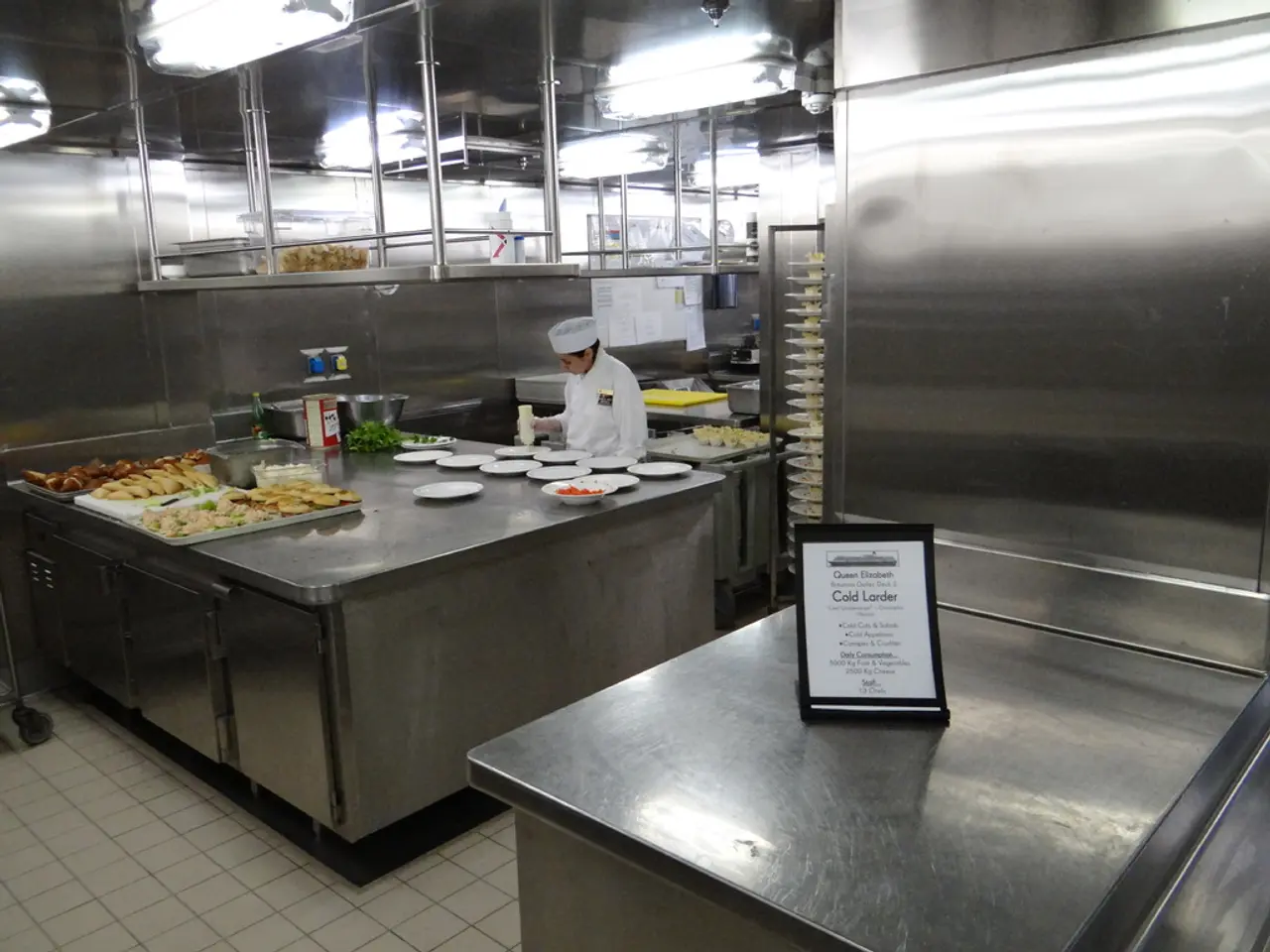HS2 project facing a pushback past the initial completion date of 2033
The highly anticipated High Speed 2 (HS2) rail network in the UK is facing delays, with the completion now expected to extend beyond 2033. The cause of this delay is a complex interplay of factors, including years of mismanagement, escalating costs, and scope changes, which have affected multiple government administrations, from the Conservative to the current Labour government.
Originally proposed in 2009 with an estimated cost of £33 billion and an opening date around 2026, the project has been plagued with continuous scope changes, delays, and cost overruns. Key reasons for the delay include a lack of a single root cause, but rather an accumulation of issues over time such as changes in project scope and management failures.
Government interventions have also had damaging consequences on HS2's timeline and financial health, while cuts to the originally planned train speeds from 248 mph down to possibly 200 mph were made to reduce costs and risks. The project's scale has been identified as unsustainable in terms of cost, schedule, and scope without urgent corrective measures.
To bring costs under control and stabilize the project, several measures are being taken. The Transport Secretary has accepted all recommendations from the James Stewart review, which aims to address the years of mismanagement with a bold "reset plan". HS2’s new CEO, Mark Wild, is implementing a staged approach to reduce risk and improve reliability by adjusting operational parameters such as running speeds and automation.
Additionally, a new Chair for HS2 Ltd is being appointed, intended to strengthen governance and oversight, and construction progress continues despite delays, with milestones like completed tunnels and the Colne Valley Viaduct signalling tangible advancement.
Despite these challenges, Heidi Alexander, the Secretary of State for Transport, has reassured that the route between Birmingham and London will be completed. However, the testing phase for HS2 will take three years, rather than the 14 months it has currently been allocated. The government will need to crack down on contractors and renegotiate the engineering contracts awarded in 2020 to prevent costs from skyrocketing.
Alexander has also stated that this is a 'line in the sand' and that the government is committed to delivering HS2 from Birmingham to London after years of mismanagement, flawed reporting, and ineffective oversight. Cancelled sections of the HS2 route will not be reinstated.
Mark Wild, chief executive of HS2, wrote a letter to transport secretary Heidi Alexander warning that there was 'no reasonable way to deliver' on the 2033 target for the first trains to be up and running between London and Birmingham. The lack of sufficient design maturity caused progressive removals of scope in HS2, and political decision-making has been a significant factor in the cost and delay of the project, as it lacked a buffer from government and was subject to evolving political aims.
The completion of HS2 will be delayed beyond 2033, but efforts are underway to restructure leadership, revise technical parameters, and adopt a phased delivery to control costs and move forward more sustainably.
- The ongoing delays and escalating costs of the High Speed 2 (HS2) rail network have raised concerns within the housing, industry, finance, and business sectors, as the completion is now projected to extend beyond 2033, potentially impacting future development and economic growth.
- As government interventions and the complexities of the HS2 project have proven to affect its timeline and financial health, there is an urgent need for corrective measures to ensure the project's sustainability, not only for the rail industry but also for the broader economy, as it may influence housing, finance, and business trends in the UK.




